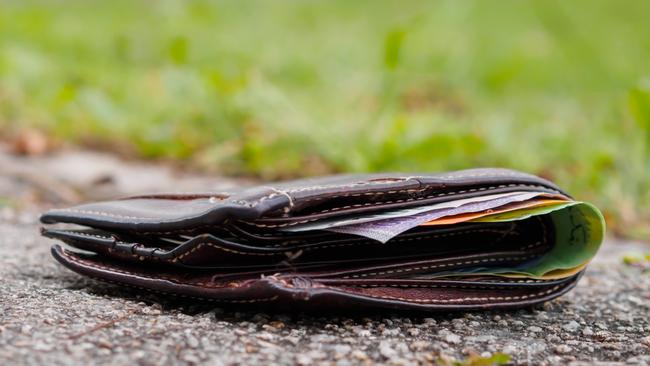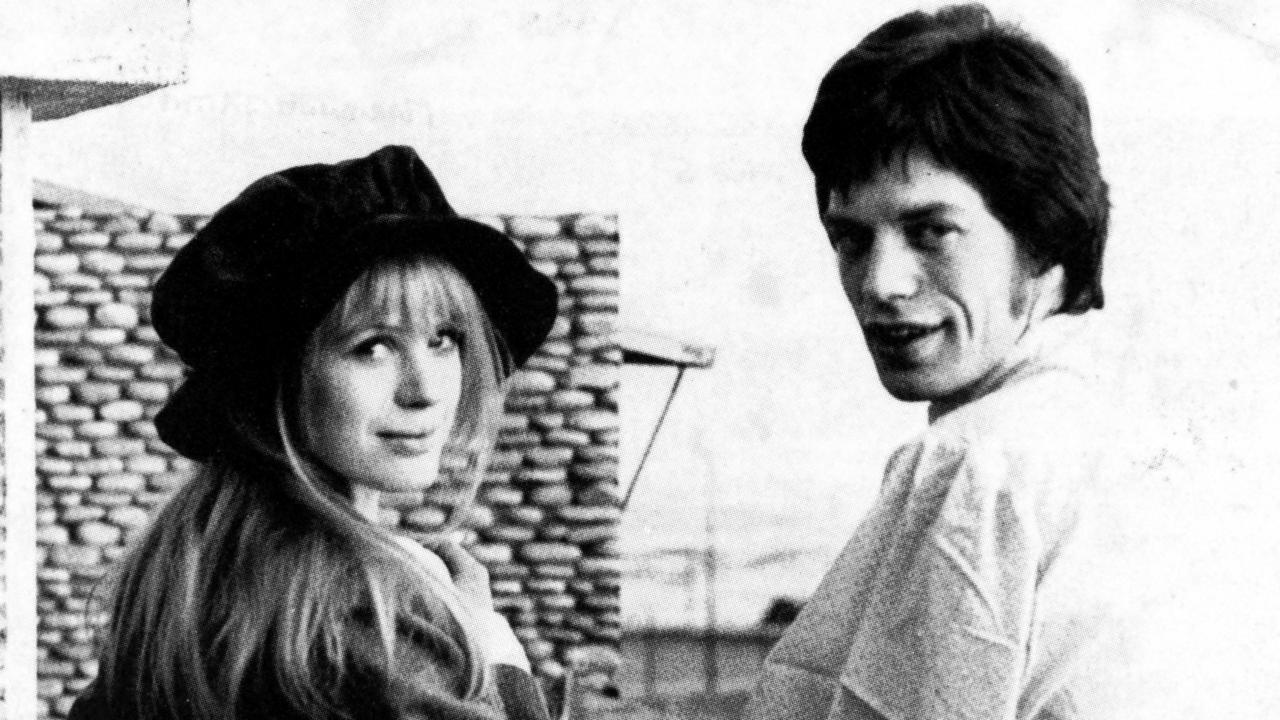Honesty increases with the size of lost wallet’s bulge
Losing a wallet is far from ideal, but if it’s bulging with cash, you may be in luck.

Lost your wallet? Scientists may have some good news — you are more likely to get it back if it contains a large amount of money.
As part of an effort to gauge global levels of “civic honesty”, researchers handed in more than 17,000 wallets to public and private institutions in 355 cities across 40 countries.
Richer pickings, it seemed, made for higher levels of integrity. Wallets that contained more money were far more likely to be returned to their “rightful owner”.
There were, however, exceptions. A wallet handed in at the Vatican did not find its way home. Two more, reported as lost at anti-corruption agencies in Kenya and Malaysia, were also never seen again.
The wallets contained either no money, a relatively small amount (the equivalent of about $18) or a larger sum (about $137). Each wallet had a transparent pocket revealing a grocery list along with three business cards with a fictitious person’s name, title and an email address printed on them. Some also contained a key.
The researchers posed as members of the public. Saying that they had found the wallets on the street, they hurriedly dropped them off at public reception areas in banks, theatres, museums or other cultural establishments, post offices, hotels, police stations and courts of law.
The experiment was designed to evaluate how people respond when no one is looking.
The researchers believed that people would be more inclined to keep a wallet if there was a lot of cash in it. A survey of more than 250 economists found that most of them agreed.
The cynicism was unfounded.
About 50 per cent of the people who were handed a wallet with the smaller amount of money tried to contact the “rightful owner”, compared with 40 per cent for the wallets with no money.
When the wallet contained the large sum of money, the rate of return rose to more than 70 per cent.
Michel Andre Marechal, of the University of Zurich, who co-authored a study published yesterday in the journal Science, said: “The psychological forces — an aversion to not viewing oneself as a thief — can be stronger than the financial ones.”
After running the experiment, the researchers surveyed more than 2500 people in Britain, America and Poland to try better to understand why honesty had trumped pecuniary gain.
They presented the respondents with a scenario that matched the field experiment and asked questions about how they would respond if presented with a lost wallet. The subjects said that failing to return a wallet felt like stealing when more money was involved. A second survey asked 279 economists and other experts to predict under what scenarios wallets would go missing. They wrongly assumed that the greater the amount of cash involved, the more tempting it would be to keep it.
Researchers suggested that two competing impulses were at play. “Classic economic models based on rational self-interest suggest that, all else being equal, honest behaviour will become less common as the material incentives for dishonesty increase,” they wrote in their paper.
Balanced against that was the reluctance of most people to see themselves as dishonest. “Psychological models … predict that people will cheat for profit so long as their behaviour does not require them to negatively update their self-concept,” they added.
Denmark, Sweden and New Zealand appeared to have the most honest citizens — or perhaps the most efficiently run reception areas in institutional buildings. About 80 per cent of wallets containing money in those countries were returned. The poorest performances were in Peru, Mexico and Kenya.
Britain was firmly in the middle of the pack, with about 60 per cent of money-filled wallets finding their way to their rightful owners, compared with less than 40 per cent for cashless wallets.
The Times


